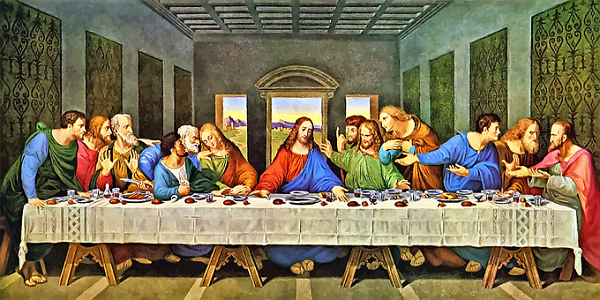October 17, 2005.
Strange as it seems, many believe the “ultimate fulfillment” of the new covenant is yet future. That is the dispensational view.
It was six centuries before Christ that Jeremiah predicted a new covenant (31:31-34). Jesus indicated fulfillment when he said, “This cup is the new testament in my blood” (Lk. 22:20). Hebrews confirmed fulfillment after quoting Jeremiah, saying, “In that he says, A new covenant, he has made the first old” (Heb. 8:13).
Yet dispensationalism claims the new covenant is only partially fulfilled today. Mark Hitchcock, in “101 Answers” says: “While believers today enjoy all of these promises as a result of the new covenant in Christ’s blood (Matthew 26:28), the specific promises in Jeremiah 31:31-34 will not find their ultimate fulfillment for Israel until the millennial kingdom when the Jewish people are restored to the land with Christ as their king” (page 222).
To uphold this view, it is pointed out that the new covenant is “with the house of Israel and with the house of Judah” (Jer. 31:31; Heb. 8:8). Absolutely. No problem. When Jesus said, “This cup is the new testament,” he was speaking to twelve sons of Israel. When the gospel was first preached on Pentecost, Peter addressed “you men of Judea… you men of Israel” (Acts 2:14, 22).
Jer. 31:31-34 and Heb. 8:8-12 say nothing about land, an earthly kingdom, or 1,000 years. This is not what the new covenant is all about. Rather: “I will put my laws into their mind, and write them in their hearts… all shall know me… their sins and their iniquities will I remember no more.” What a great covenant!
This is exactly what Peter offered Israel in the first century: “Him has God exalted with His right hand to be a Prince and a Savior, for to give repentance to Israel and forgiveness of sins” (Acts 5:31). Paul later declared: “God… raised unto Israel a Savior, Jesus… Men and brethren, children of the stock of Abraham… through this Man is preached to you the forgiveness of sin” (Acts 13:23, 26, 38).
God did make His covenant of salvation with Judah and Israel: “The gospel of Christ: for it is the power of God unto salvation to every one that believes; to the Jew first” (Rom. 1:16). “For there is no difference between the Jew and the Greek: for the same Lord over all is rich unto all that call upon him” (Rom. 10:12).
The new testament/covenant is here now, fulfilled for Jew and Gentile in the gospel of Christ. To teach otherwise is to teach a different gospel.
(More about the new covenant next time.)
